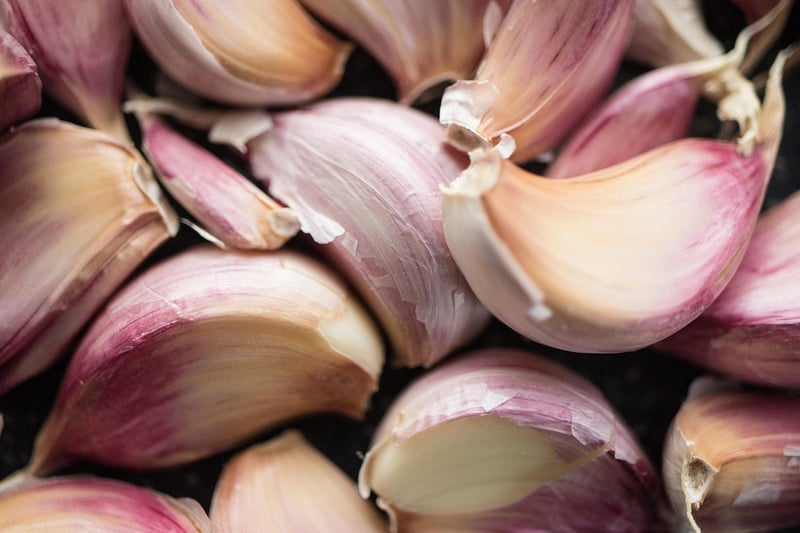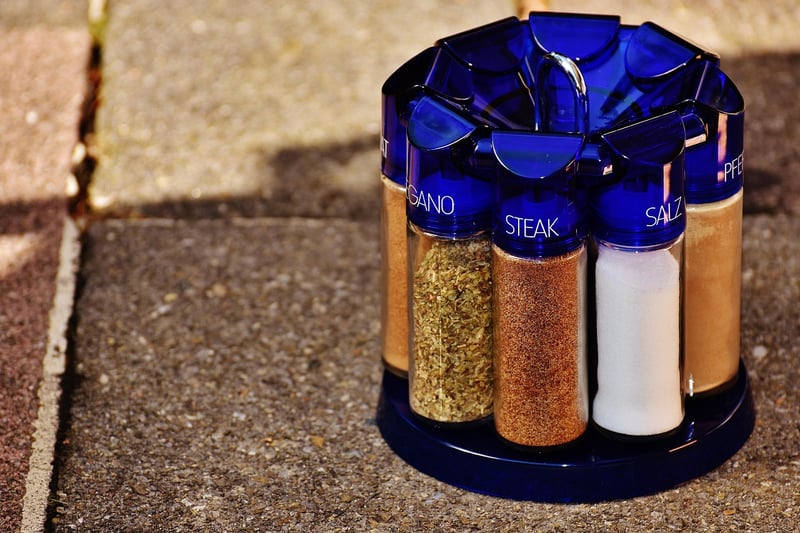Ingredient Substitutions
Enhance Your Culinary Skills and Knowledge
Welcome to the world of cooking, where flavors, techniques, and creativity come together to create delicious masterpieces. Whether you're a seasoned chef or a beginner in the kitchen, there's always room to improve your culinary skills and knowledge. Let's explore some tips and tricks to take your cooking to the next level!
1. Experiment with Different Cuisines
Expand your culinary horizons by trying out recipes from various cuisines around the world. Explore the rich flavors of Italian pasta dishes, the vibrant spices of Indian curries, or the delicate simplicity of Japanese sushi. Learning about different cooking styles will not only broaden your palate but also enhance your cooking techniques.
2. Master Basic Cooking Techniques
Before diving into complex recipes, make sure you have a strong foundation in basic cooking techniques. Learn how to chop, sauté, roast, and grill effectively. Understanding these fundamental skills will make it easier for you to tackle more challenging recipes with confidence.
3. Get Creative with Flavor Combinations
Don't be afraid to experiment with different flavor combinations in your dishes. Mix sweet and savory, spicy and tangy, or earthy and fresh ingredients to create unique and exciting flavors. The key is to balance the flavors harmoniously to create a memorable dining experience.
4. Learn About Ingredient Substitutions
Running out of a crucial ingredient for your recipe can be frustrating, but knowing the right substitutions can save the day. Here are some common ingredient substitutions to keep in mind:
- Buttermilk: Substitute 1 cup of buttermilk with 1 tablespoon of vinegar or lemon juice mixed with enough milk to make 1 cup.
- Eggs: Replace 1 egg with 1/4 cup of applesauce or 1/4 cup of mashed banana for a vegan alternative.
- Butter: Use equal parts of coconut oil or margarine as a substitute for butter in baking.
- Flour: For gluten-free baking, substitute all-purpose flour with a blend of almond flour, coconut flour, or gluten-free flour mix.
- Sugar: Swap white sugar with honey, maple syrup, or agave nectar for a natural sweetener alternative.
By familiarizing yourself with ingredient substitutions, you can adapt recipes to suit your dietary preferences or make do with what you have on hand.
5. Practice, Practice, Practice
Like any skill, cooking improves with practice. Don't be discouraged by failed attempts; instead, use them as learning opportunities. The more you cook, the more confident and skilled you will become in the kitchen.
Remember, cooking is a creative outlet that allows you to express yourself through food. Embrace the journey of learning and experimenting, and soon you'll be wowing friends and family with your culinary creations!
 Image Source
Image Source
